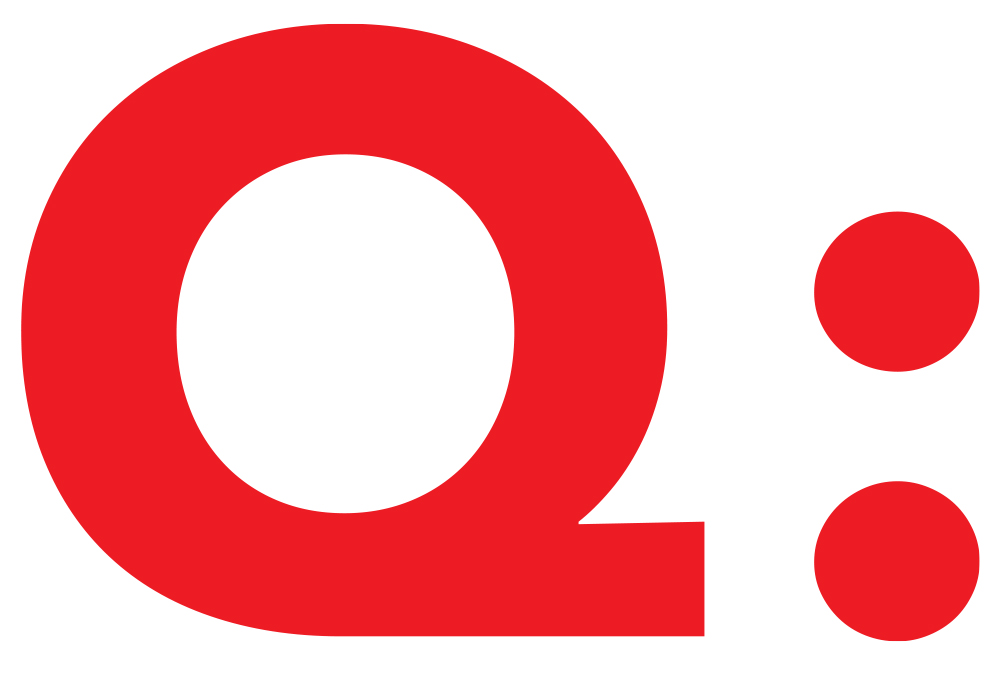hris Smrekar, product specialist for Unist Inc., talks with Modern Metals about common customer concerns and questions surrounding minimum quantity lubrication (MQL). What is MQL? It’s exactly what the name implies: a minute amount of a high-quality lubricant delivered to a cutting tool or workpiece to reduce friction. MQL can benefit sawing applications, dedicated tapping machines, drilling fixtures, beam drills and other machining processes.


Is MQL a hoax? How can less be more?

How can MQL improve the shop environment?
A: It’s common knowledge that your flood coolant reservoir can house some pretty nasty bacteria. If you shouldn’t touch it, why would you want to breathe it? Vegetable-based cutting oils, such as Unist’s Coolube, are bio-based and are naturally removed from the lungs in days instead of the months required for petroleum-based fluids. In addition, the body’s removal method is different (expectoration versus absorption), and studies indicate bio-based fluids cause no long-term damage to lungs or skin. Additionally, because so little fluid is applied, there’s no mess to contend with. Parts and equipment stay virtually dry, leading to decreased maintenance and cleaning costs along with allowing operators to be tasked with more fulfilling work.
Although commonly referred to as a “mist system,” machining with MQL has been shown to produce fewer emissions than flood coolant. The German government performed a study that took emission measurements at the machine operator, machine panel and the extracted air, and the baseline measurement was done using flood coolants. The results showed MQL had less than half the airborne concentration of flood coolant in 95 percent of the tests.

Is MQL more expensive?

Aren’t cutting oils messy?